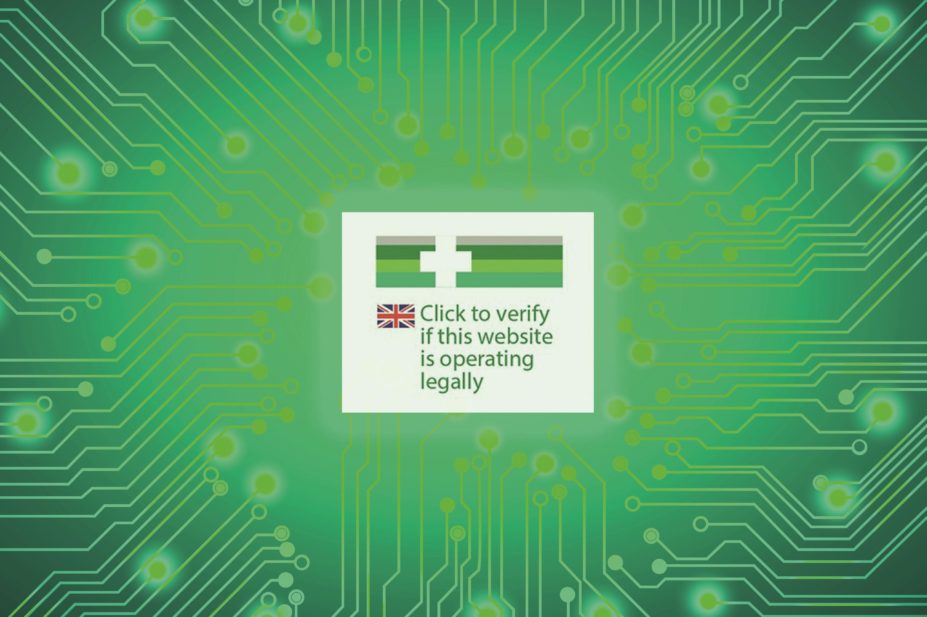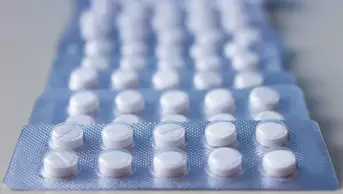
Shutterstock.com
Counterfeit drugs are rife online and there is little way of knowing if medicines for sale online are authentic. The European Union has introduced countermeasures through its Falsified Medicines Directive (2011/62/EU), which came into force in January 2013.
Since 1 July 2015, any online seller of medicines based in Europe needs to be registered with their respective national regulator and display a common European logo. In the UK, medicine retailers must be registered with the Medicines and Healthcare products Regulatory Agency (MHRA).
However, for the system to work, the public needs to be aware of the scheme and easily recognise the logo.
Far-reaching
The registration system is a major shake-up for online retailers.
The change does not just affect sales through internet pharmacies but any online retailer of medicines in Europe, including sellers of products on the General Sales List (GSL). In the UK, GSL medicines are those that can be sold with reasonable safety without the supervision of a pharmacist, enabling supermarket sales, for example. So the move will affect websites as diverse as retail giant Amazon, online supermarket Ocado and the e-commerce company eBay.
There are currently 502 websites attached to 452 pharmacy premises registered in Great Britain, according to the General Pharmaceutical Council (GPhC), the pharmacy regulator. These distance-selling pharmacies will need to apply to the MHRA and, if approved, display the logo to each and every webpage with links to the regulator’s page. This is different from the voluntary internet pharmacy logo, launched in 2008 and administered by the GPhC.
The MHRA says it is difficult to ascertain how many non-pharmacy retailers are selling GSL medicines online; each will now be required to go through the MHRA registration process. Sellers were able to submit applications to MHRA from 16 June 2015, and the MHRA has 90 working days to process what could be a huge surge of applications.
Retailers are only part of the online purchasing deal. For internet shoppers who already trust certain online retailers, they may not seek further reassurance when purchasing a medicine. But when buying a medicine through an unfamiliar site, consumers may appreciate being able to check a website’s authenticity.
The system could be an important safeguard for consumers. For it to work, however, online shoppers must understand not to trust a medicine from a website that is not displaying the ‘EU Common Logo’. A shopper must know to look for it.
Keeping it legal
The scheme does little to address the issue of counterfeit or poor quality medicines being obtained through black market sites. In the latest online sting by Interpol, known as Operation Pangea and involving 113 countries, some 9.7 million medicines were seized, 618,191 packages inspected, 11,863 website shut down and 434 people arrested. It is a major problem globally.
People may even seek to buy drugs through illegal sites (although they may not recognise them as illegal) to avoid having to go to a doctor to obtain a prescription. Men with erectile dysfunction, for example, may seek the anonymity that comes with their no-fuss supply of Viagra or Cialis.
Yet they put themselves at risk in doing so. They may get a genuine product (albeit without any advice from a healthcare professional), but more likely they’ll end up with a fake or inferior version containing no drug or some other drug with little or no quality or safety controls.
The EU Falsified Medicines Directive is wide reaching and tightening up online sales is just one element. The new logo, which is now live in the UK, will offer some reassurance to consumers — but only those who know and care.
Campaigns are needed to educate the public about the dangers of obtaining medicines through rogue internet sites, and to raise awareness of this new system for verifying the seller.


